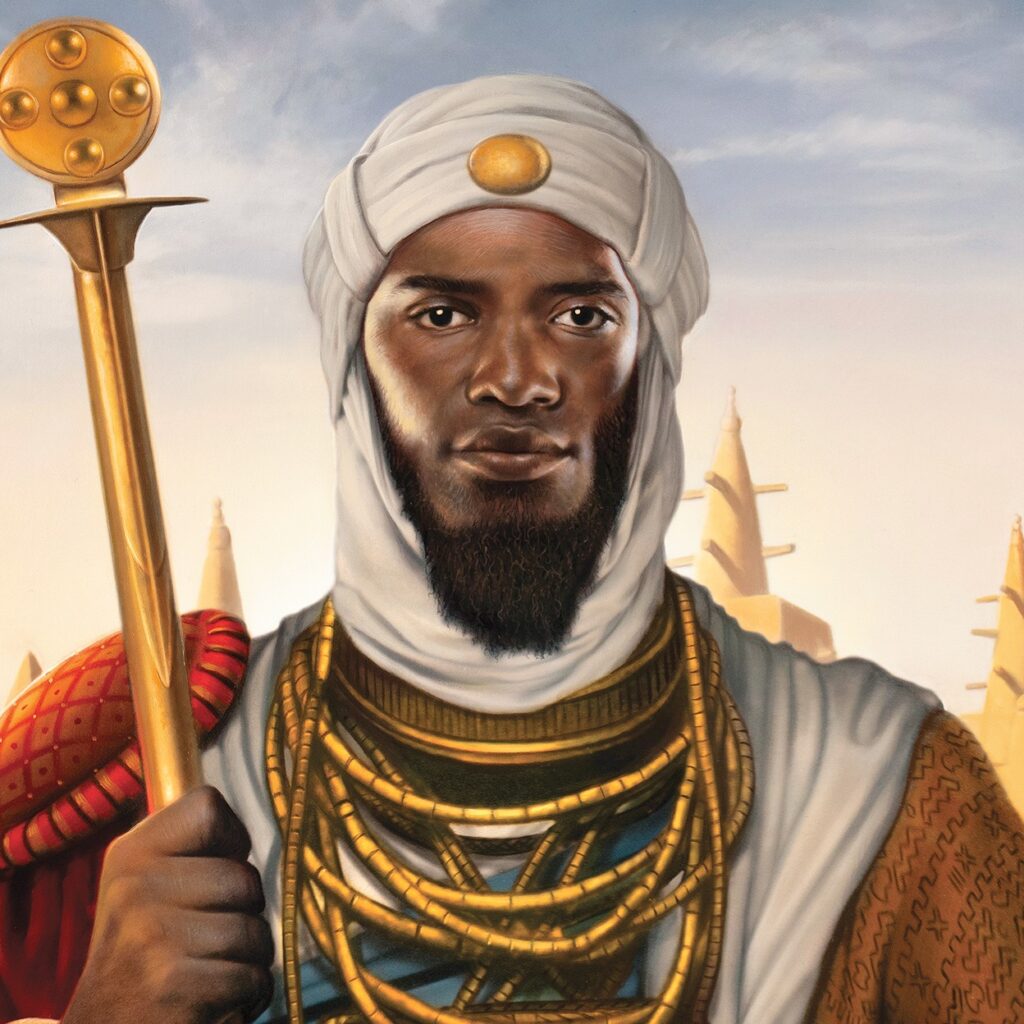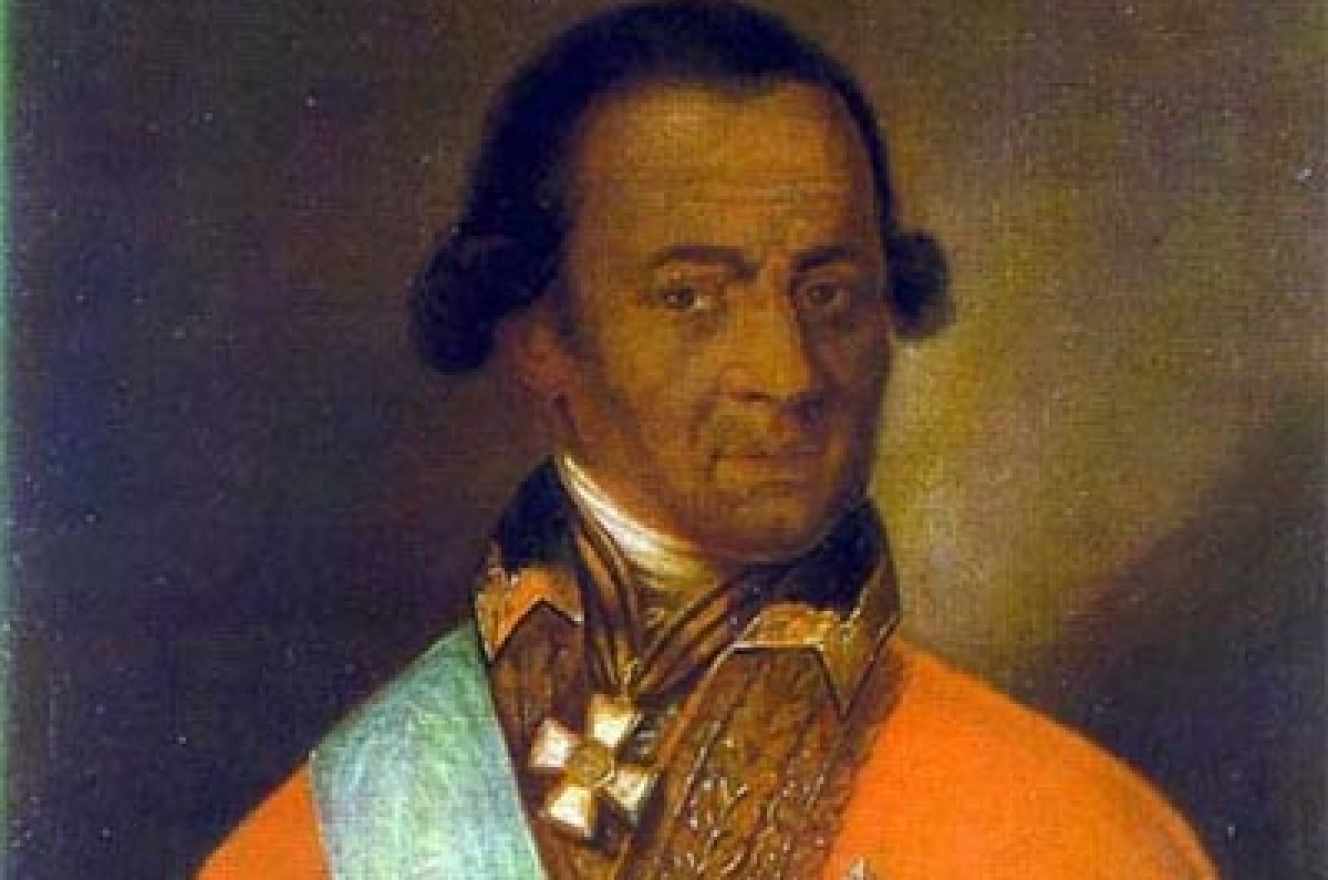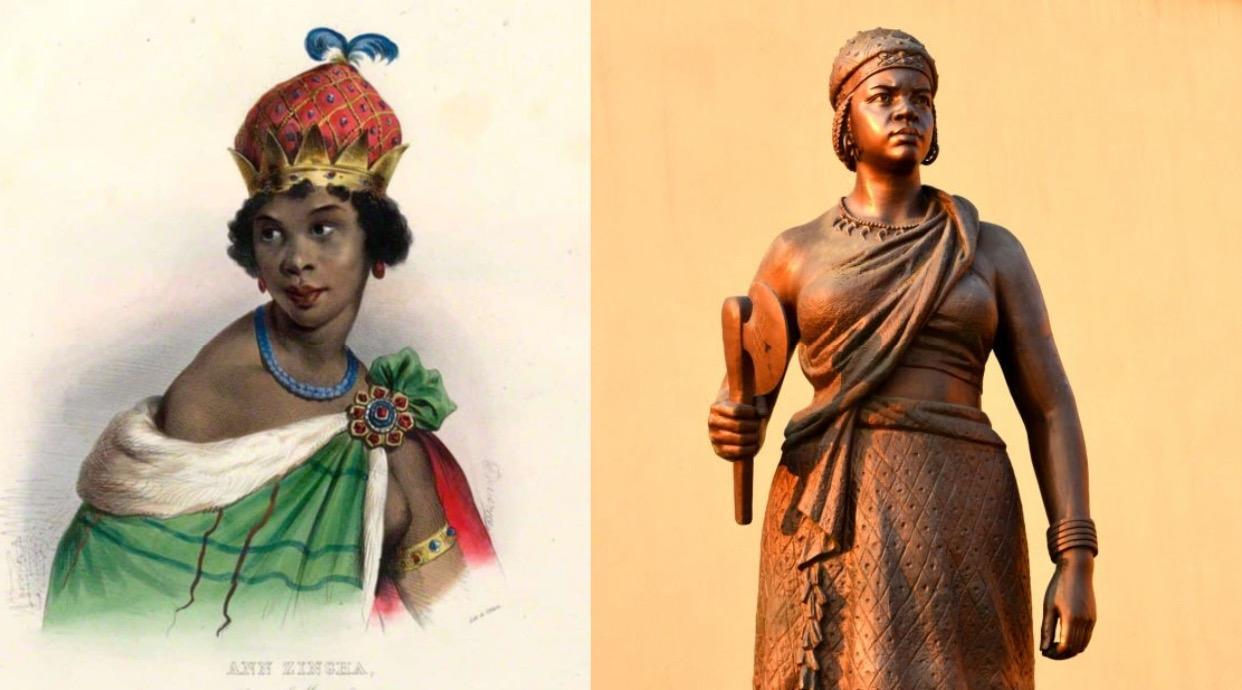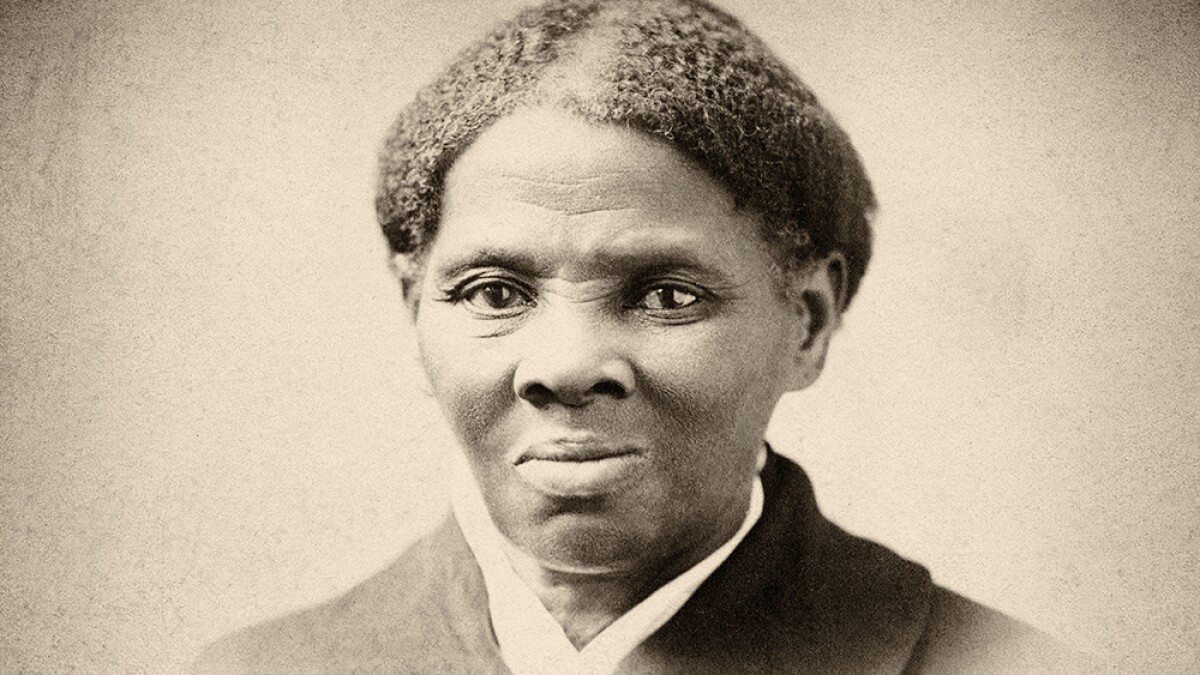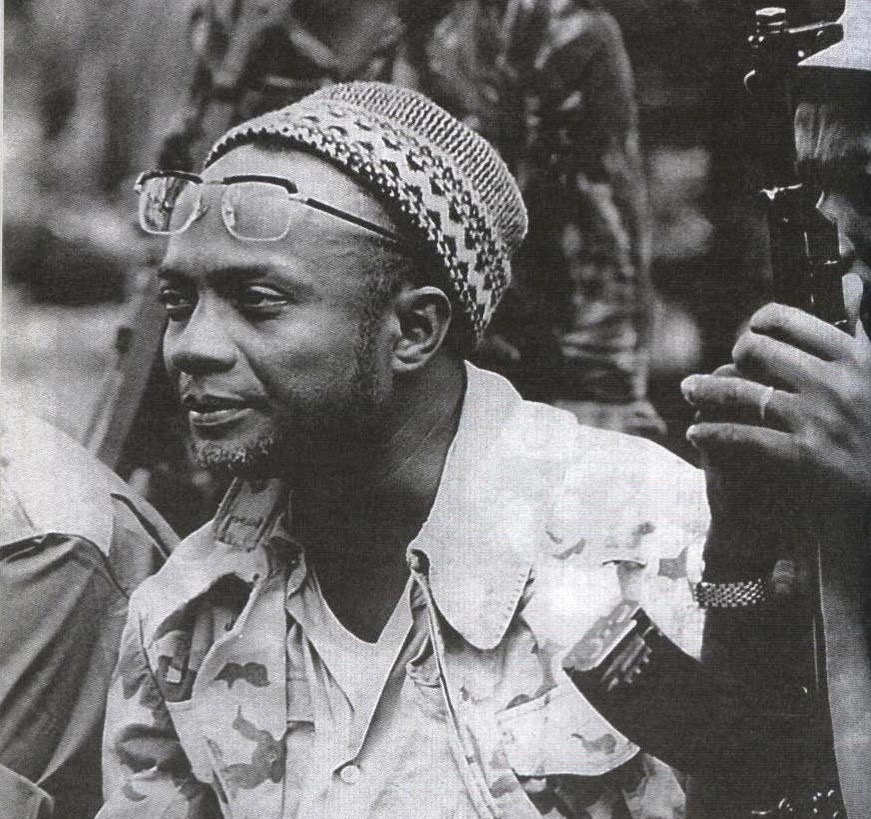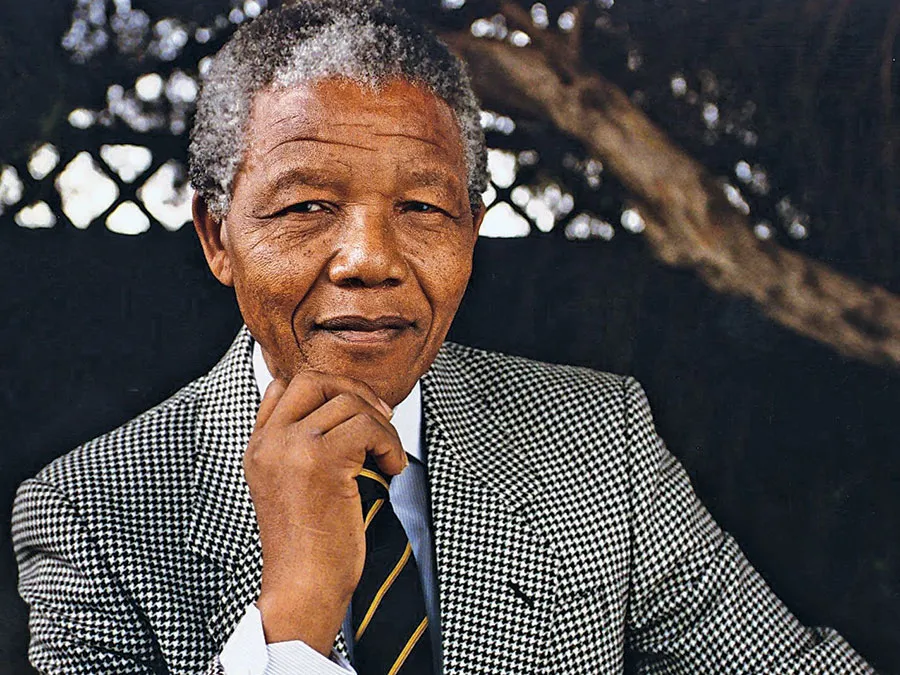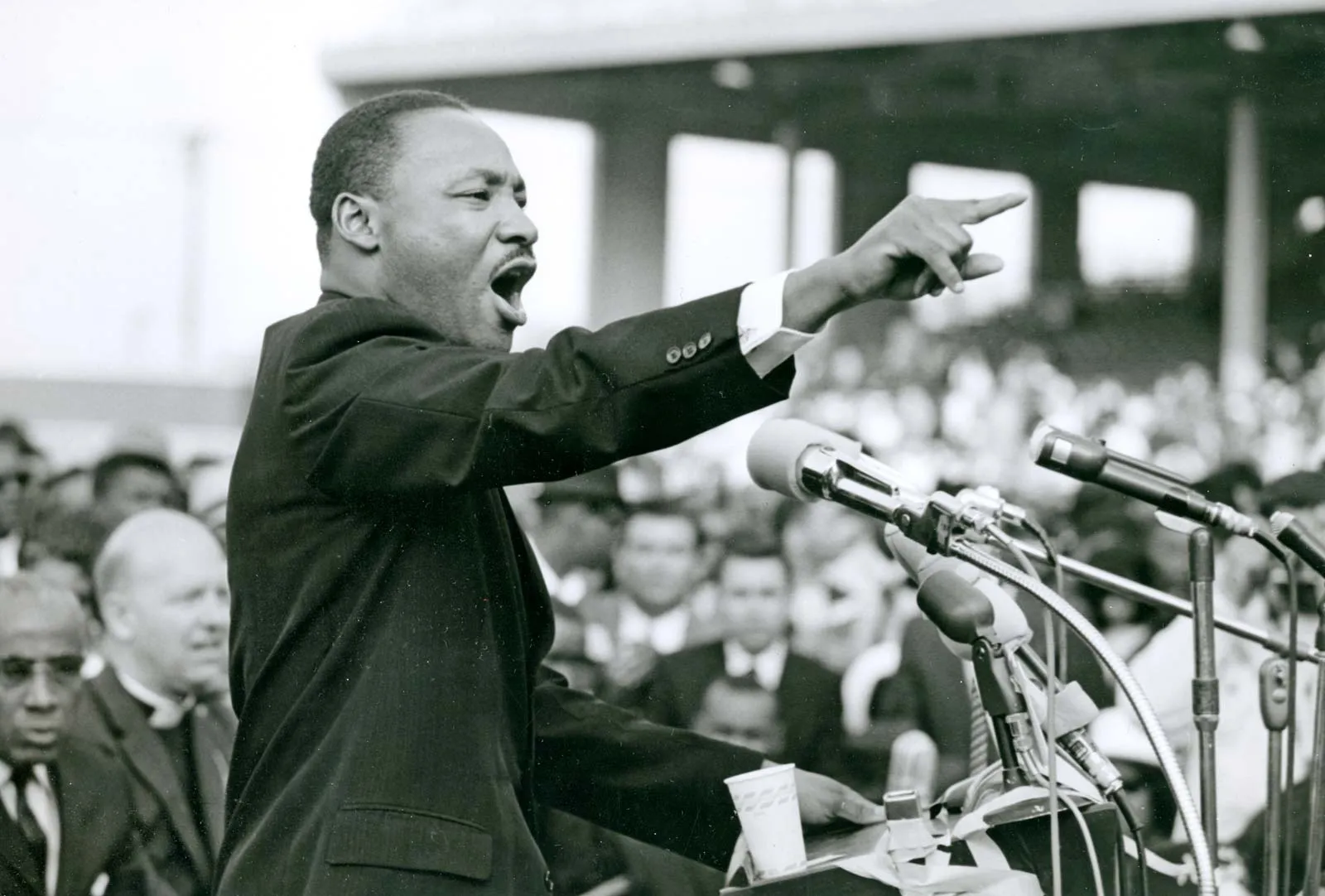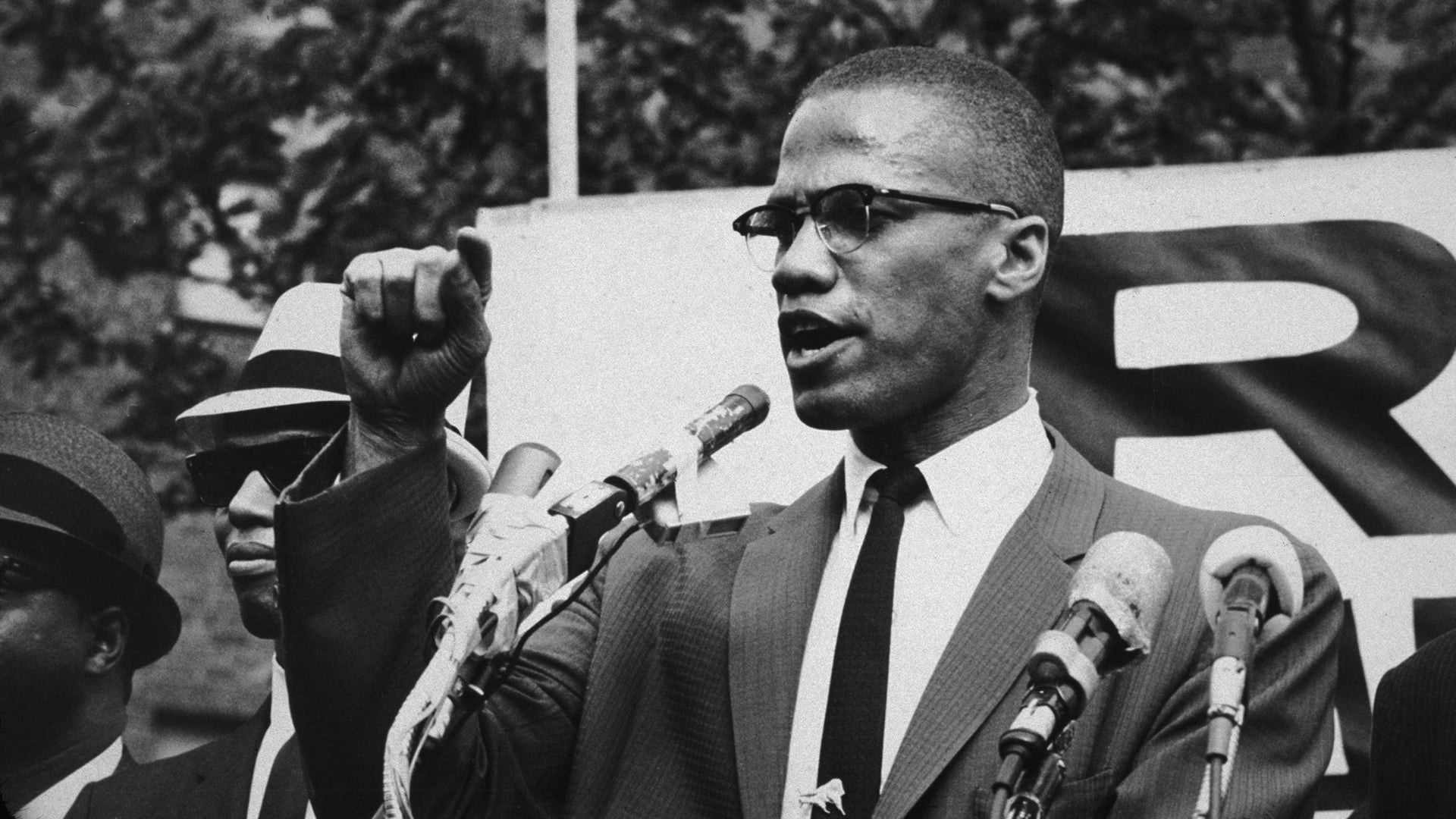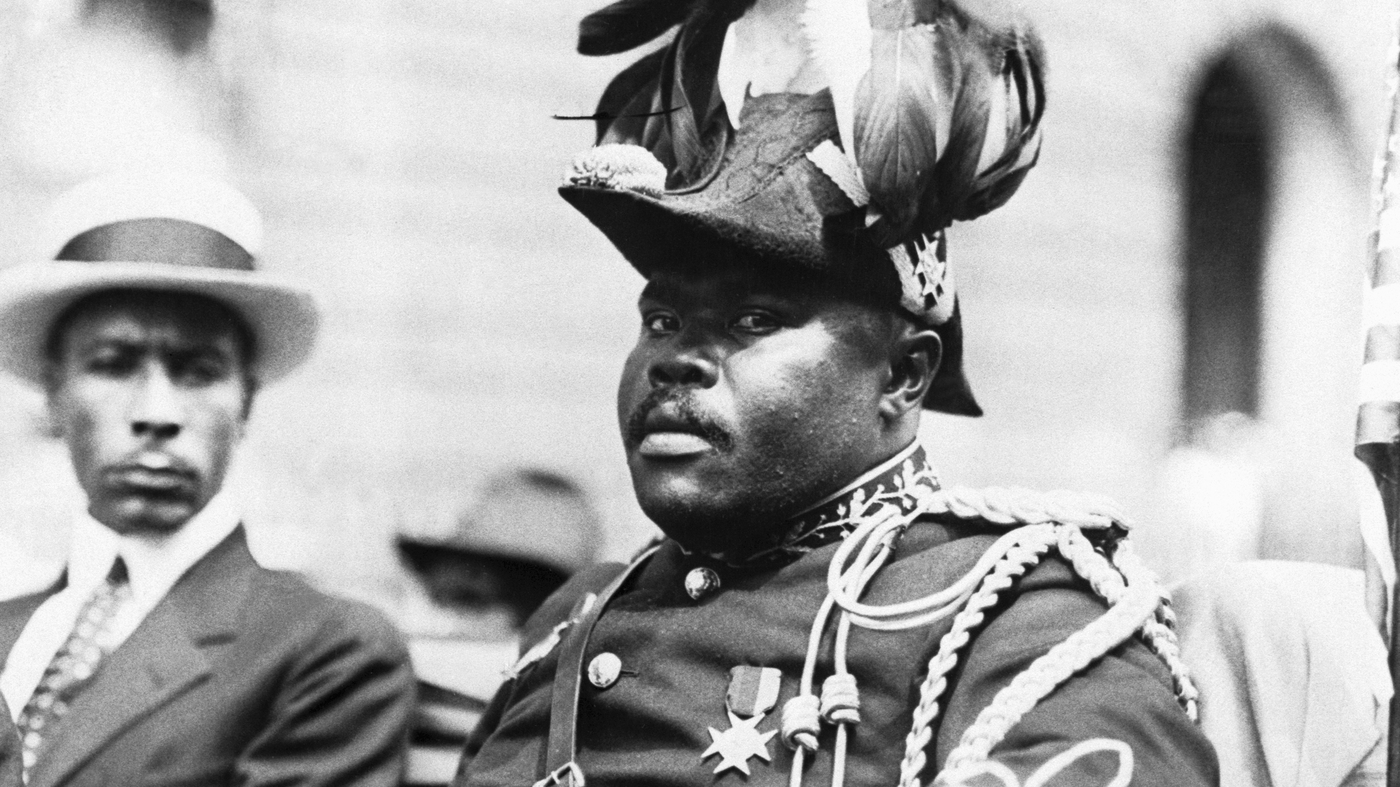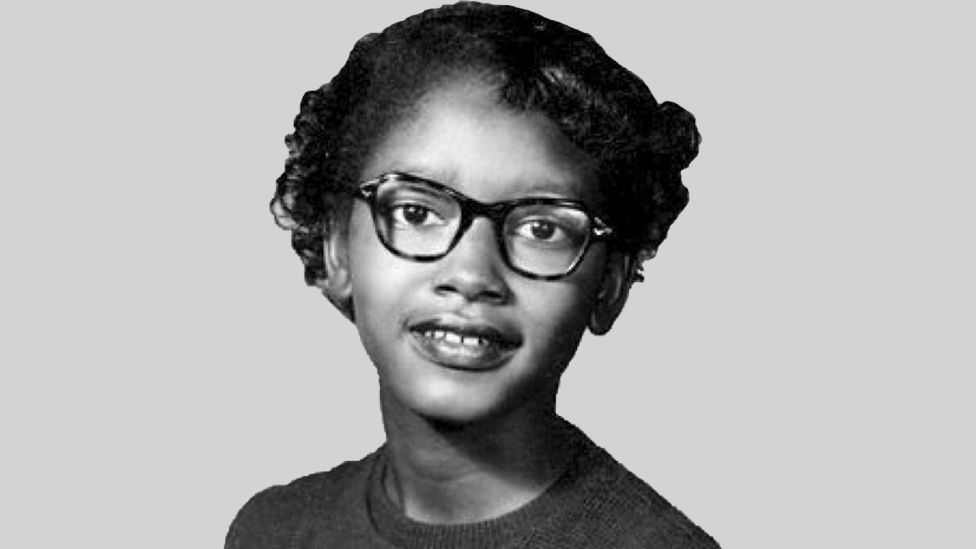Top Lists
10 Famous African Historical Figures You Should Know
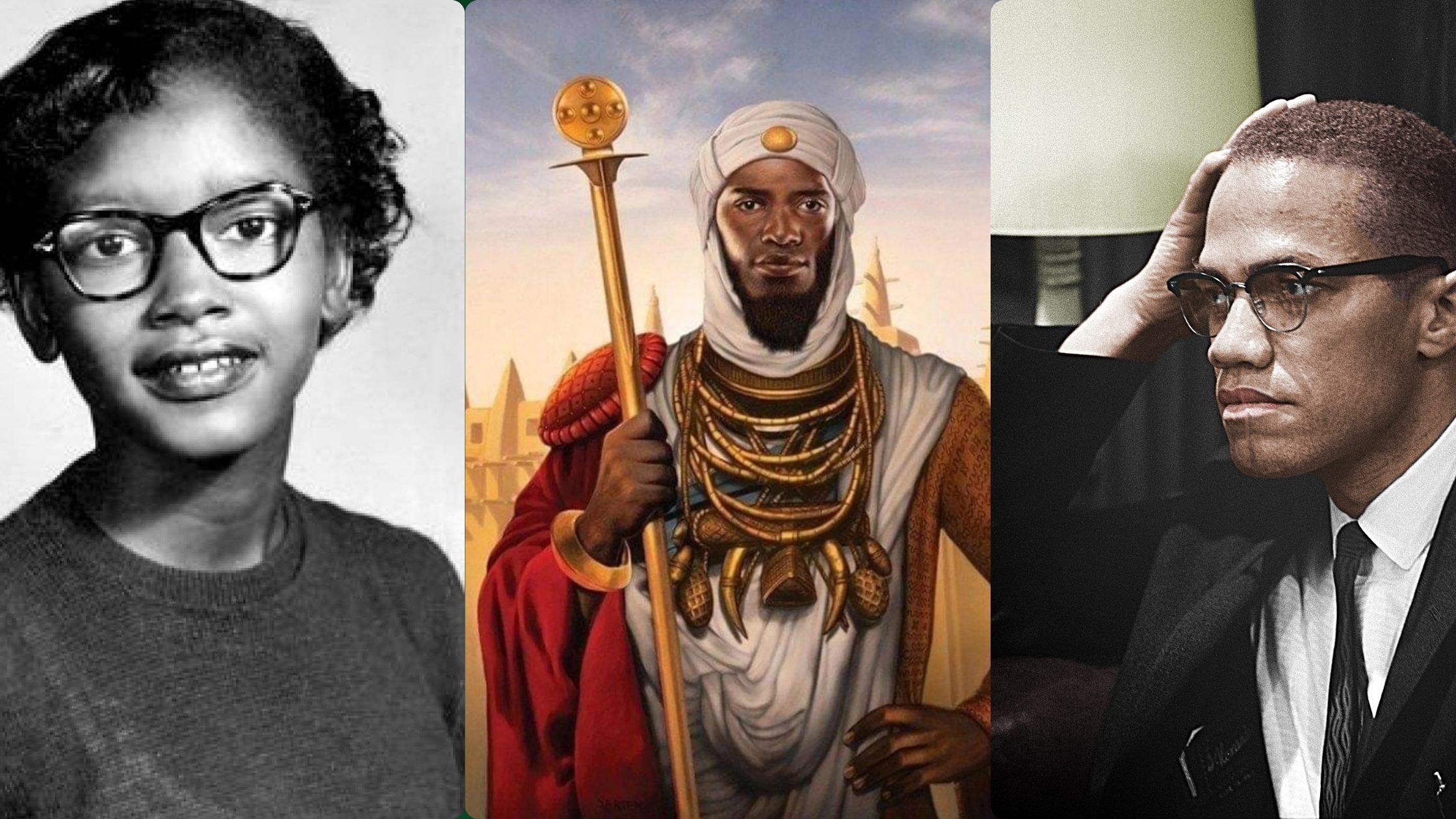
Africa is a continent with a rich and diverse history, and its people have made significant contributions to the world in many fields. We have compiled, in this article, a list of the 10 famous African historical figures you should know about.
From powerful leaders and influential thinkers to courageous activists and creative artists, African history is replete with remarkable figures who have made significant strides in various fields
These ten figures represent just a small sample of the many African historical figures who have made significant contributions to the world. Their stories are a reminder of the rich and diverse history of Africa, and their legacies continue to inspire people all over the world.
10 Famous African Historical Figures You Should Know
Here are 10 famous African historical figures you should know about:
1. Mansa Musa
Mansa Musa (c. 1280-1337) was the ninth Mansa, or ruler, of the Mali Empire, which was one of the largest and wealthiest empires in Africa. He is considered to be one of the richest people in history, and his famous pilgrimage to Mecca in 1324 helped to spread knowledge of the Mali Empire throughout the Muslim world.
Musa was born into the Keita dynasty, which founded the Mali Empire in the 13th century. He ascended to the throne in 1312, and during his reign, the Mali Empire reached its peak of power and prosperity.
Musa expanded the empire’s borders, built new cities and mosques, and encouraged trade and commerce. He was also a patron of the arts and sciences, and his reign saw a flowering of Malian culture.
Mansa Musa is one of the 10 famous African historical figures you should know. His story is a testament to the power and influence of African civilizations, and it reminds us of the rich and diverse history of the continent.
2. Anton Wilhelm Amo
Anton Wilhelm Amo was a Ghanaian philosopher who was the first African to earn a doctorate in philosophy in Europe. He was born in Axim, Gold Coast (present-day Ghana), but was brought to Europe as a child by the Dutch West India Company. He was educated in the Netherlands and Germany and received his doctorate in philosophy from the University of Wittenberg in 1727.
Amo was a prolific writer, and his works dealt with a variety of philosophical topics, including ethics, logic, and metaphysics. He was also a vocal critic of slavery, and his writings helped to raise awareness of the issue in Europe.
Amo returned to Africa in the late 1740s and lived there until his death in the early 1760s. He is considered a pioneer in the study of African philosophy, and his legacy continues to inspire people all over the world.
3. Queen Nzinga
Queen Nzinga (1583-1663) was a queen of Ndongo and Matamba, two independent African kingdoms in what is now Angola. She was a skilled diplomat and military leader who fought against Portuguese colonization. Queen Nzinga is considered to be a national hero in Angola and one of the 10 famous African historical figures you should know about.
Nzinga was born in 1583 into the Mbundu royal family. She was the daughter of King Ngola Kiluanje II and Queen Nzinga Mbande. Nzinga was educated in diplomacy and warfare, and she quickly rose through the ranks of the Ndongo court.
In 1622, Nzinga’s brother, King Ngola Mbandi, was killed by the Portuguese. Nzinga succeeded him as queen, and she immediately began to resist Portuguese rule. She formed alliances with other African kingdoms and with the Dutch, who were also fighting the Portuguese.
Nzinga was a brilliant strategist and negotiator. She used her skills to outmanoeuvre the Portuguese on several occasions. In 1647, she defeated a Portuguese army in battle, and she forced them to withdraw from Ndongo.
4. Harriet Tubman (c. 1820-1913)
Harriet Tubman (c. 1820 – March 10, 1913) was an American abolitionist and political activist. Born into slavery, Tubman escaped and later made some 13 missions to rescue approximately 70 slaves using the network of safe houses and people known as the Underground Railroad.
She later helped abolitionist John Brown recruit men for his raid on Harpers Ferry. During the American Civil War, she served as a spy, a scout, and a nurse for the Union Army.
Tubman was born into slavery in Dorchester County, Maryland. She was beaten and whipped by her owners, and she once suffered a head injury that left her with seizures and narcolepsy. Despite her hardships, Tubman developed a strong sense of determination and courage.
In 1849, Tubman escaped from slavery with the help of her network of friends and supporters. She then made several trips back to the South to help other slaves escape. Tubman was known as the “Moses of her people” because of her success in leading slaves to freedom.
5. Amilcar Cabral (1924-1973)
Amilcar Cabral was a Guinea-Bissauan revolutionary leader who fought for the independence of his country from Portugal. He is considered one of the most important figures in the African independence movement.
Cabral was born in Bafatá, Portuguese Guinea, in 1924. He studied agronomy in Portugal and travelled extensively in Europe and Africa. In 1956, he co-founded the African Party for the Independence of Guinea and Cape Verde (PAIGC), which led the armed struggle for independence.
Cabral was a brilliant strategist and a gifted orator. He was also a committed pan-Africanist who believed that all Africans should unite to fight for their liberation. He was assassinated in 1973 by Portuguese agents, but his legacy lives on. The PAIGC eventually achieved independence for Guinea-Bissau in 1974, and Cabral is now considered a national hero.
6. Nelson Mandela
Nelson Rolihlahla Mandela (18 July 1918 – 5 December 2013) was a South African anti-apartheid revolutionary, political leader, and philanthropist who served as President of South Africa from 1994 to 1999.
He was the country’s first black head of state and the first elected in a fully representative democratic election. His government focused on dismantling the legacy of apartheid by tackling institutionalised racism and fostering racial reconciliation. Ideologically an African nationalist and socialist, he served as President of the African National Congress (ANC) party from 1991 to 1997.
Mandela was a global icon of peace and reconciliation. He was awarded the Nobel Peace Prize in 1993 along with F.W. de Klerk, the last president of apartheid South Africa. He died in 2013 at the age of 95.
7. Martin Luther King Jr.
Martin Luther King Jr. was an American Baptist minister and activist who became the most visible spokesperson and leader in the civil rights movement from 1955 until his assassination in 1968.
An African American church leader and the son of early civil rights activist and minister Martin Luther King Sr., King advanced civil rights for people of colour in the United States through nonviolence and civil disobedience, inspired by his Christian beliefs and the nonviolent activism of Mahatma Gandhi.
8. Malcolm X
Malcolm X (1925-1965) was an African-American civil rights activist and religious leader. He was a prominent figure in the Nation of Islam (NOI) and a vocal advocate for black separatism. Malcolm X was assassinated in 1965, but his legacy continues to inspire people around the world.
Malcolm X was born Malcolm Little in Omaha, Nebraska. He was raised in a poor family and experienced racism firsthand. He was expelled from school at a young age and turned to crime. In 1946, he was sentenced to 10 years in prison for robbery.
While in prison, Malcolm X converted to the Nation of Islam. He was inspired by the NOI’s message of black pride and self-determination. After his release from prison in 1952, Malcolm X became a leading spokesman for the NOI. He traveled around the country giving speeches and organizing protests.
9. Marcus Garvey
Marcus Garvey was a Jamaican-born Black nationalist and leader of the Pan-Africanism movement, which sought to unify and connect people of African descent worldwide. He is considered one of the most important figures in the history of Black liberation.
Garvey was born in 1887 in St. Ann’s Bay, Jamaica. He was a printer by trade, and he traveled extensively throughout the Caribbean and Central America. In 1914, he founded the Universal Negro Improvement Association (UNIA) in Jamaica. The UNIA quickly became a global movement, with branches in Africa, the Caribbean, and the United States.
Garvey’s message of Black pride and self-determination was a powerful one, and it resonated with millions of people around the world. He urged African Americans to be proud of their African heritage and to build their own businesses and institutions. He also advocated for the return of all Black people to Africa.
10. Claudette Colvin
Claudette Colvin is an American pioneer of the 1950s civil rights movement and retired nurse aide. On March 2, 1955, she was arrested at the age of 15 in Montgomery, Alabama, for refusing to give up her seat to a white woman on a crowded, segregated bus.
This occurred nine months before the more widely known incident in which Rosa Parks, secretary of the local chapter of the National Association for the Advancement of Colored People (NAACP), helped spark the 1955 Montgomery bus boycott.
Colvin was a student at Booker T. Washington High School in Montgomery. She was on her way home from school when she boarded the bus. When the white woman got on the bus, the bus driver ordered Colvin to give up her seat. Colvin refused, saying that she had paid her fare and had a right to sit where she was. The bus driver called the police, and Colvin was arrested and charged with disorderly conduct.
10 Famous African Historical Figures You Should Know
Here is a list of 10 famous African historical figures without explanation:
- Mansa Musa
- Anton Wilhelm Amo
- Queen Nzinga
- Harriet Tubman
- Amilcar Cabral
- Nelson Mandela
- Martin Luther King Jr.
- Malcolm X
- Marcus Garvey
- Claudette Colvin
Conclusion
African history is a rich and diverse one, and it has produced many remarkable individuals who have made significant contributions to the world. The 10 African historical figures discussed in this conversation are just a few examples of the many talented and inspiring people who have come from Africa.
These figures represent a wide range of accomplishments and backgrounds. Mansa Musa was a powerful ruler who helped to spread the knowledge of African culture and learning throughout the world. Anton Wilhelm Amo was a philosopher who broke down barriers and paved the way for other Africans to pursue education in Europe.
These are just a few of the many African historical figures who have made a difference in the world. Their stories are a testament to the strength, resilience, and creativity of the African people. They continue to inspire us today and remind us of the power of one person to make a difference.

